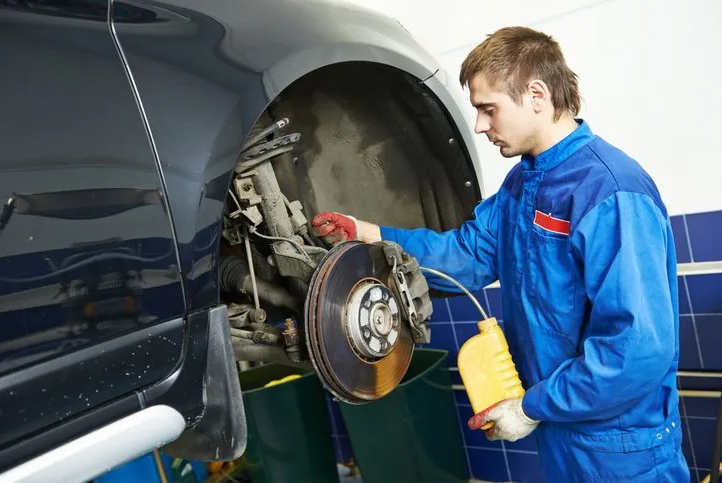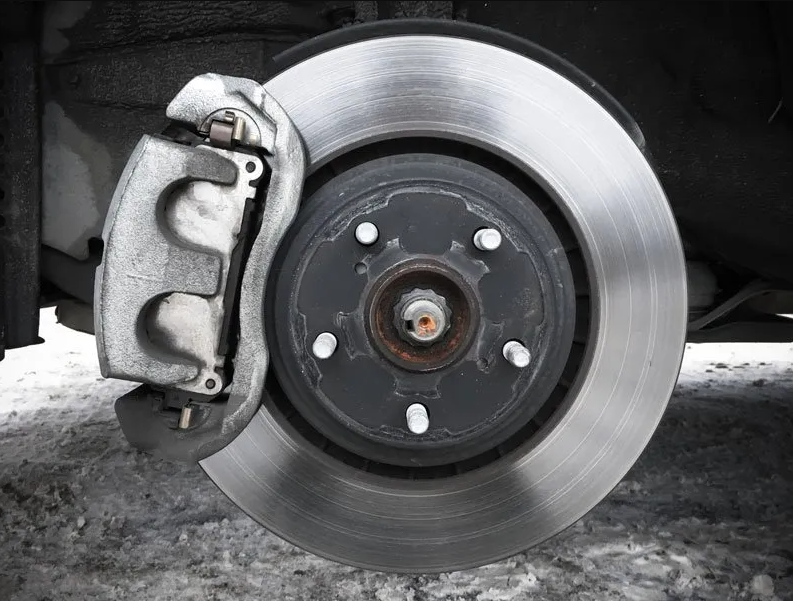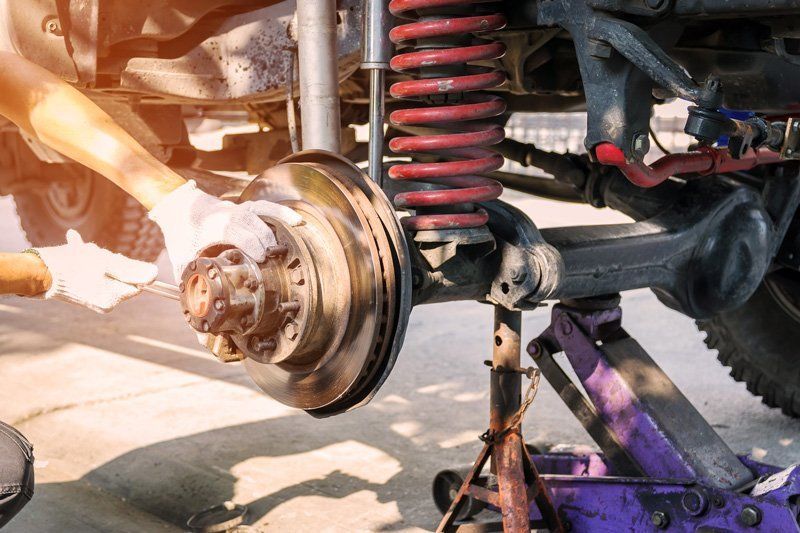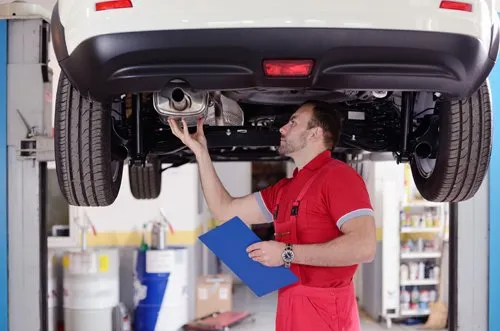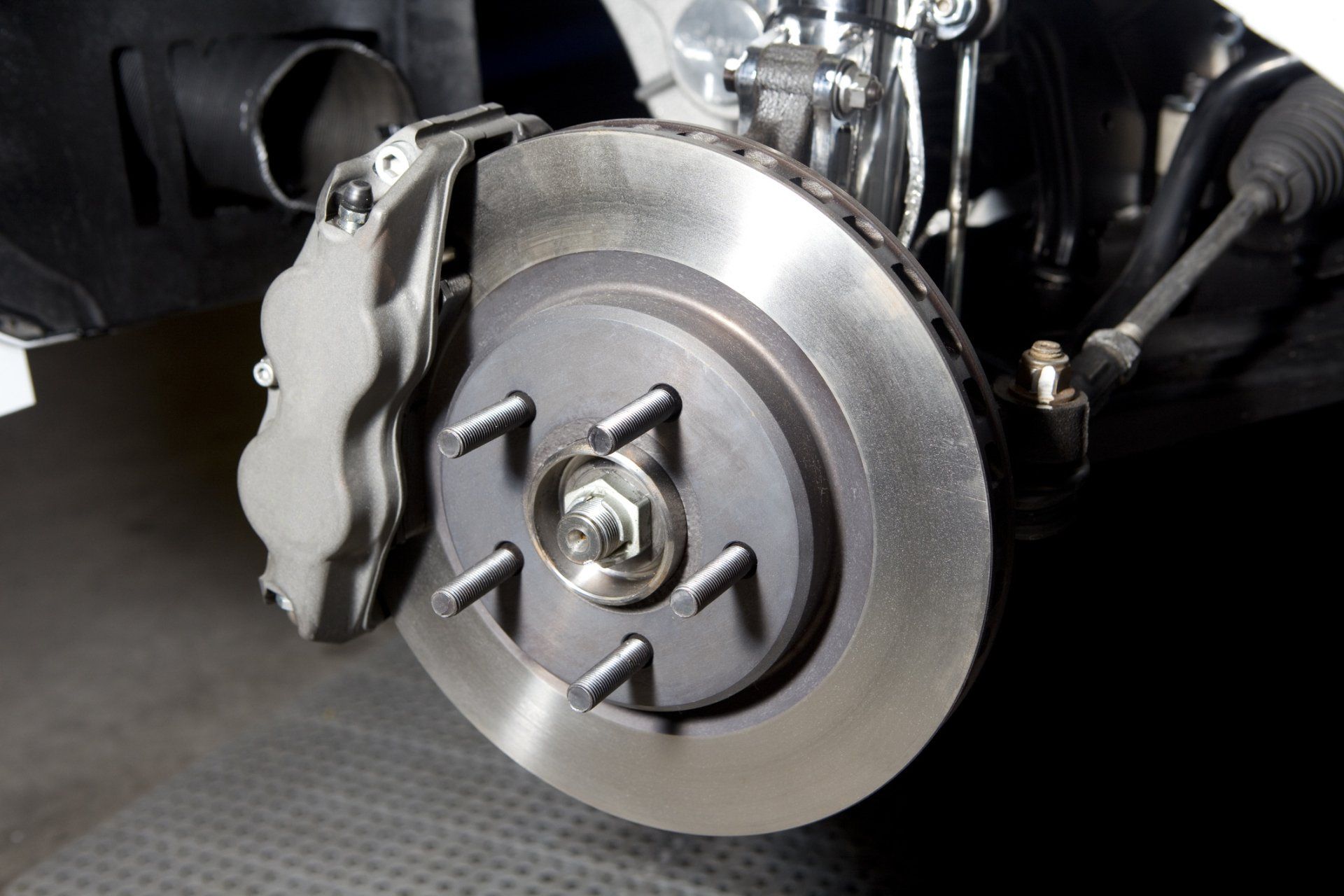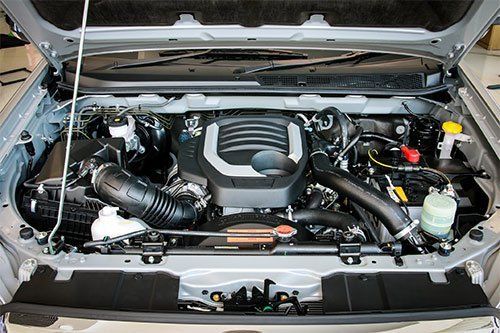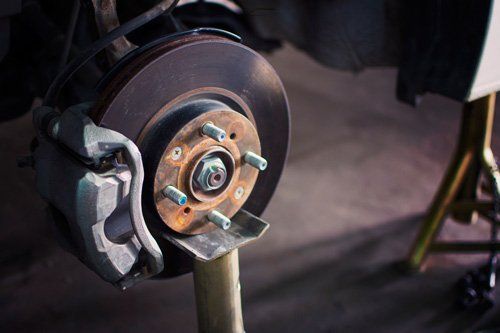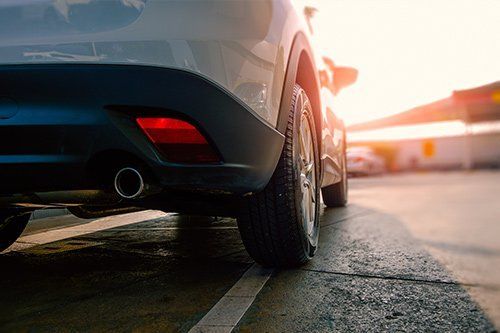Tips for Keeping Your Brake Pads in Working Condition Longer
Whether you just bought new brakes or your current ones aren't showing any real signs of wear yet, the key to brake longevity is preventative care. Depending on how you drive, your brake pads should last up to 50,000 miles. Here are some tips to keep your brakes in good working condition.
Have Your Brakes Checked During Regular Servicing
You should have your vehicle serviced once a year, or every 12,000 miles. If you are a heavy commuter, then have your car checked every six months or every 6,000 miles. When you have your car serviced, ask your auto technician to check your brake pads and rotors for signs of wear, including:
- Uneven brake pad wear
- Exposed rotors
- Rust or pitting in your brakes
- Leaking brake fluid or break line issues
It's best to repair issues with your brakes before they get to the point of whining or grinding when you press the brake pedal. Your brakes have indicators in them that alert you when the brake pads need to be replaced, so listen closely to strange sounds when braking.
Have Your Brake Fluid Checked Regularly
Brake fluid is essential for keeping your brakes lubricated so they can work properly. You should check your brake fluid regularly as part of your vehicle maintenance at home.
Brake fluid should be a honey or yellowish color, slightly thick in consistency, and fairly oily to the touch. Your brake fluid should be flushed and replaced if it has debris in it or is a dark, murky color with clots or a batter-thick consistency.
Check for brake fluid leaks under your car by inspecting your driveway where you normally park. Brake fluid is often seen underneath your tires or right under your brake pedal. Leaking brake fluid is a serious condition; do not drive your car if you suspect your brake line is leaking, as the vehicle problem can cause your brakes to fail completely at any speed while driving. Call your mechanic right away for assistance.
Have All Drivers Brake Responsibly
Driving at high speeds then slamming on the brakes, riding the brakes driving downhill or on windy roads, or slamming to a stop in traffic rather than gently pressing on the brakes can all wear your car's brake pads out more quickly. Drive responsibly, and make sure all other drivers of your vehicle do so as well.
One way to preserve your brakes while driving is to keep a safe distance from other cars and follow the posted speed limit signs. Keep two or three seconds between you and the car in front of you, and increase the distance between you and other cars when the weather is poor or you are traveling at highway speeds.
Gently press your foot to the brake pedal to coast to a stop when you approach stop lights or signs, and always watch the vehicles ahead of you so when they brake, you have time to respond. The less wear you put on your brakes when driving, the longer your brake pads will potentially last.
Call your auto mechanic if you experience any of the following issues with your brakes, even if they appear to be
working normally:
- Clanging when applying brake pressure
- Burning or hot smell when braking
- Brake fluid under your vehicle
- Squealing or whining brakes
- Resistance or going to the floor when braking
Your auto mechanic will diagnose what is wrong with your brakes and make repairs for you. If your brake pads need replacement, your auto mechanic will inspect your vehicle to look for other auto problems that may be affecting your brakes.
Taking care of your brakes is essential to having a safe and reliable vehicle. Call the expert mechanics at Midland Muffler and Brake for many of your auto repair needs.



